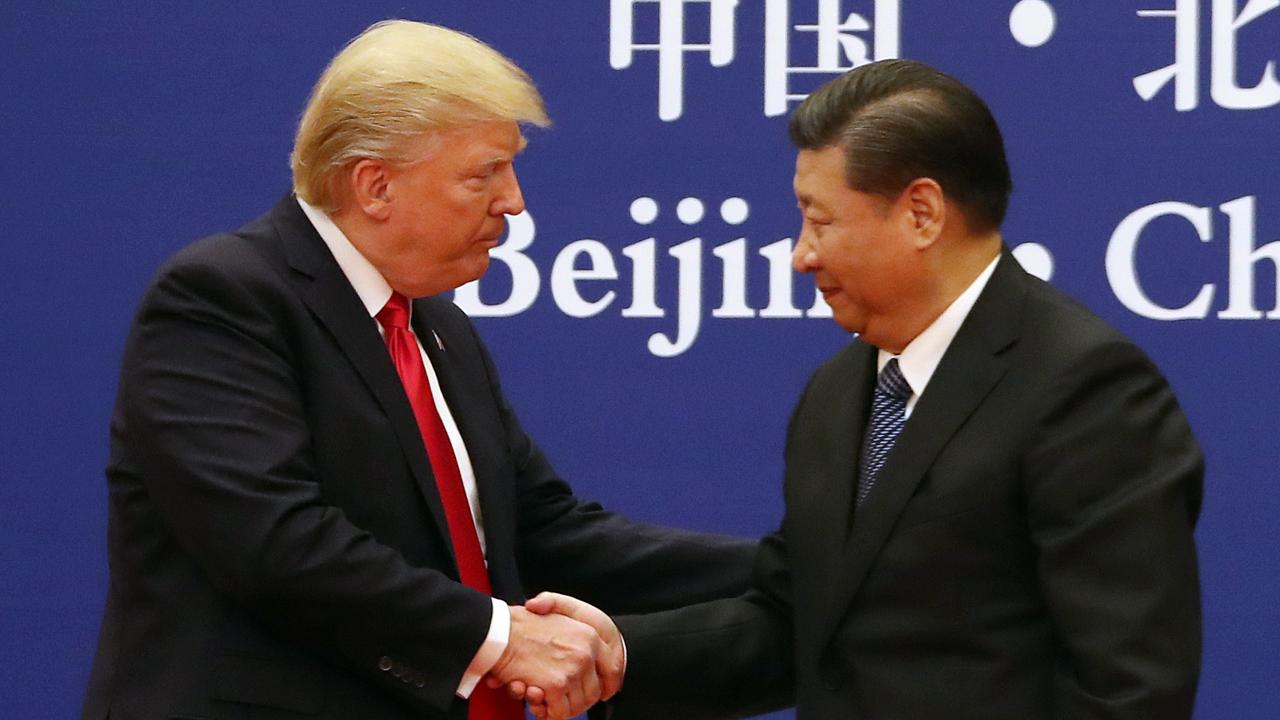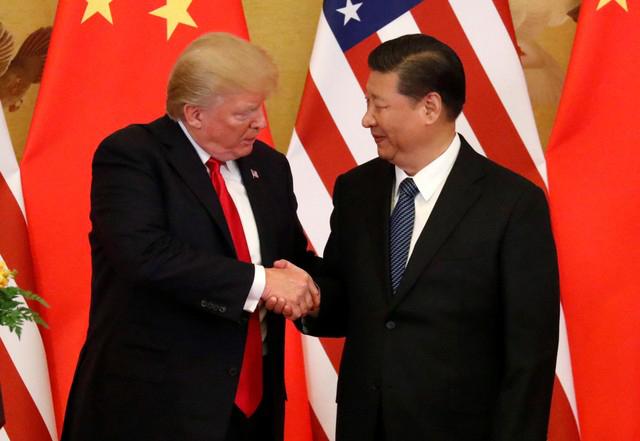US warship sails through Taiwan Strait amid China tensions
Tensions rising in the Asian Pacific region.
China has expressed deep concerns over a U.S. Navy warship sailing through the Taiwan Strait after Beijing warned that it was ready for war if Taiwan moved towards independence.
Eurasia Group President Ian Bremmer told FOX Business’ Maria Bartiromo the most important story continues to be the underlying U.S.- China relationship despite the provocations in the Asian Pacific area. However, he notes there's a link between the U.S. and China resuming trade talks next week in Shanghai and the recent tension in the region
The thing that China is most upset with the United States right now is that we have functionally threatened to shut down Huawei, and we’ve put measures against them. The big technology firm,” he said on Wednesday.
China warned, in a national defense white paper, that it could use force against anyone who intervenes in its efforts to reunify Taiwan. The ruling Communist Party considers Taiwan part of China, though the democratically governed island split from the mainland amid civil war in 1949.
"If anyone dares to separate Taiwan from China, the Chinese army will certainly fight, resolutely defending the country's sovereign unity and territorial integrity," Defense Ministry spokesman Wu Qian said Wednesday during a briefing on the white paper.
“Taiwan is critical because if you look at China’s semi-conductor production, it’s virtually nil, 90 percent of their semi-conductors they are importing from other places including critically Taiwan,” Bremmer said.
Taiwan is among a growing number of flashpoints in the U.S.-China relationship, which include a trade war, U.S. sanctions and China’s increasingly muscular military posture in the South China Sea, where the United States also conducts freedom-of-navigation patrols.
Bremmer said this is all about China getting a trade deal with the U.S.
“If they don’t get a deal with the Americans, it is so important the Chinese have dominant political relations. They’re getting more tightly integrating with those places, on the other hand, the Taiwanese are responding with more nationalism even the KMT Party because of Hong Kong. They know that domestically, it is unacceptable for them not to be in common cause with people that are trying to have a separate political model from mainland China.”
The relations between the governments in Beijing and Taipei have been characterized by limited contact, tensions, and instability, due to the fact that the Civil War merely stopped without any formal signing of a peace treaty. The two sides are technically still in a state of war.
In the early years, military conflicts continued, while diplomatically both governments competed to be the “legitimate government of China.” Taiwan, known as the Republic of China (ROC), is an island off the southern coast of China that has been governed independently from mainland China since 1949. The People’s Republic of China (PRC)—or “China” views the island as a province, while in Taiwan which is a territory with its own democratically elected government that is home to 23 million people. Political leaders have differing views on the island’s status and relations with the mainland.
CLICK HERE TO GET THE FOX BUSINESS APP
Why does America care?
Here’s why: In 1979, the U.S. established diplomatic relations with China by concluding a communique which stated that the U.S. recognized the government of the People’s Republic of China as “the sole legal government of China.” This was signed by then-President Jimmy Carter who also terminated diplomatic relations with the government in Taiwan. But months after, the U.S. Congress passed the Taiwan Assurance Act, affirming important unofficial ties with the island. The legislation allows for arms sales to Taiwan for self-defense and does not rule out the possibility of the United States defending Taiwan from Chinese attack a policy known as strategic ambiguity. Since then, U.S. arms sales to Taiwan, totaling more than $25 billion between 2007 and 2018, have led to even more U.S.-China friction across the strait.





















